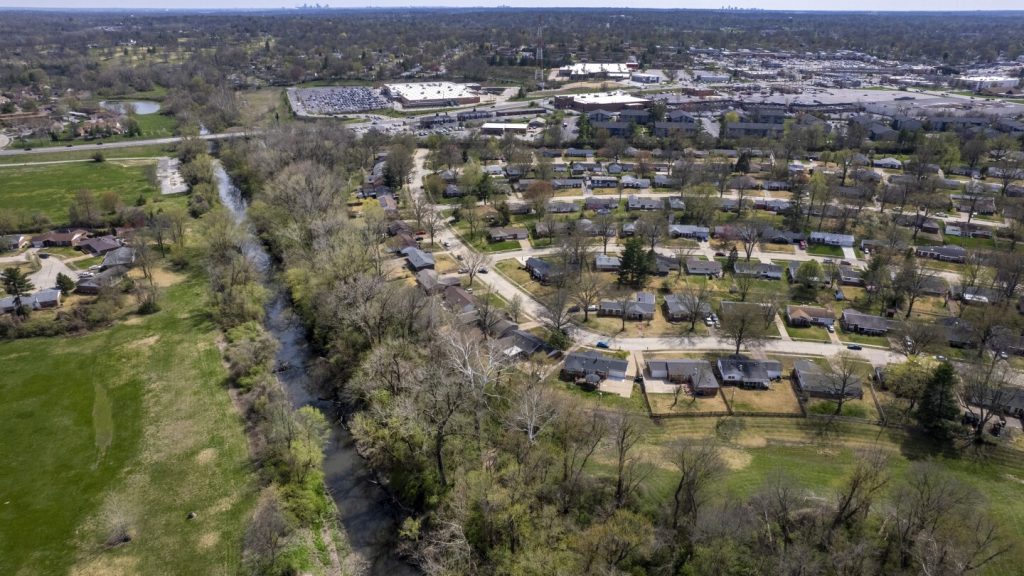Karen Nickel, a member of the activist group Just Moms STL, is advocating for federal compensation for those impacted by exposure to nuclear waste in the St. Louis region. She attributes her health issues, including lupus, to childhood exposure to a creek contaminated with Cold War-era nuclear waste. With the support of Democratic U.S. Rep. Cori Bush, Nickel and others are calling for the extension and expansion of the Radiation Exposure Compensation Act, which would provide $50 billion in compensation for those exposed to radiation by the government. Despite the Senate’s approval of legislation to renew the act, it was excluded from a recent spending bill, prompting calls for urgent action from advocates.
The St. Louis region has a long history of uranium processing for nuclear weapons production, which has left a legacy of contamination at various sites. A recent investigation highlighted how the government and companies responsible for the area’s nuclear activities were aware of health risks and spills but neglected to address them. While it is challenging to definitively link the waste to residents’ illnesses, advocates argue that there is sufficient evidence of its harmful effects. The extension and expansion of the RECA program would provide much-needed support to those affected by nuclear waste exposure in Missouri and other states with similar issues.
President Joe Biden’s executive order in 2022 extended the RECA program for two years, highlighting the government’s commitment to addressing toxic exposure for those impacted by its actions. While the White House has indicated support for the legislation to extend RECA for five years and include more states, concerns about the cost have been raised by taxpayer advocacy groups. The contamination in the St. Louis area, particularly near Coldwater Creek, has raised cancer concerns among residents, with reports of illnesses and high radiation levels prompting investigations by the Army Corps of Engineers. Efforts to connect radiation exposure to illnesses, especially cancers, have gained momentum, with advocates pushing for immediate action through the enactment of RECA.
Residents in communities surrounding nuclear sites, including those near the Manhattan Project in New Mexico and the Navajo Nation, have also been impacted by radiation exposure over the years. Efforts to raise awareness about the lasting effects of nuclear activities on these communities have underscored the need for comprehensive support and compensation. While the RECA program has already processed thousands of claims and awarded billions of dollars in compensation, the inclusion of more states and expansion of coverage would ensure that those affected by nuclear waste exposure receive the assistance they deserve.
Democratic state Rep. Doug Clemens, who grew up near Coldwater Creek, shared stories of the impact of radiation exposure on his childhood neighborhood, where many men died of cancer. He emphasized the urgency of addressing the government’s role in poisoning communities for decades and called for swift action to pass the RECA legislation. As advocates continue to push for compensation and support for those impacted by nuclear waste exposure, the need for accountability and justice remains paramount. The fate of the RECA program now rests on lawmakers’ decision to pass it as a standalone bill or attach it to other legislation before its expiration in June, highlighting the pressing need for action to address the long-standing issue of nuclear contamination in the St. Louis region and beyond.


